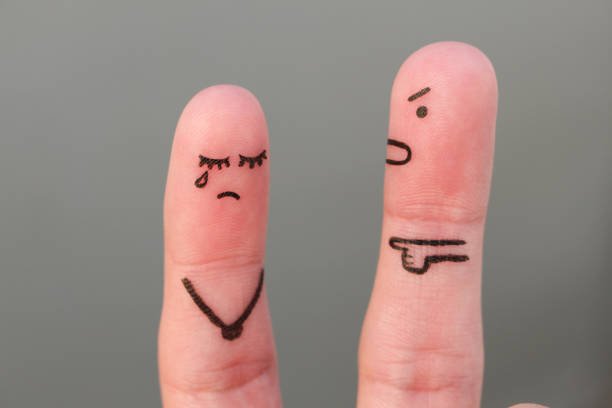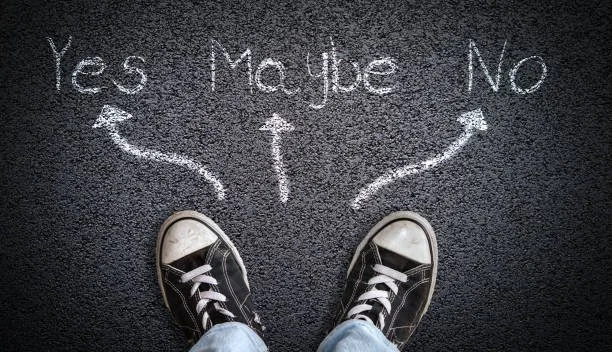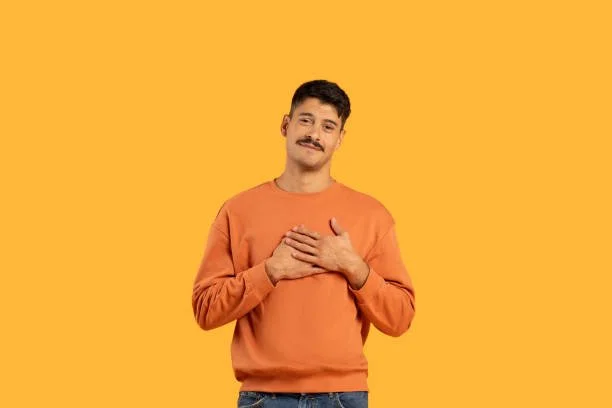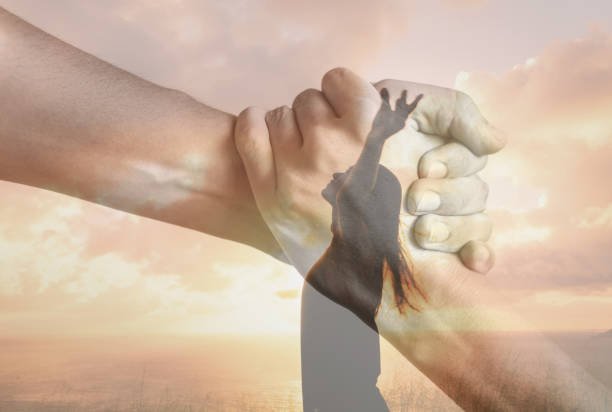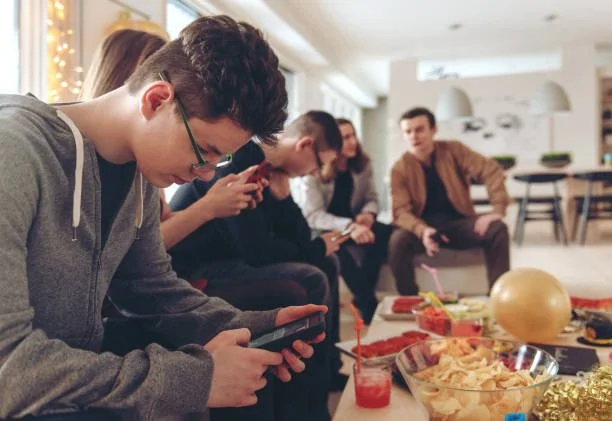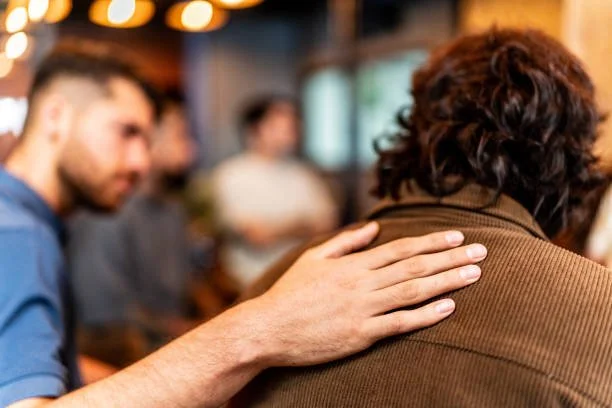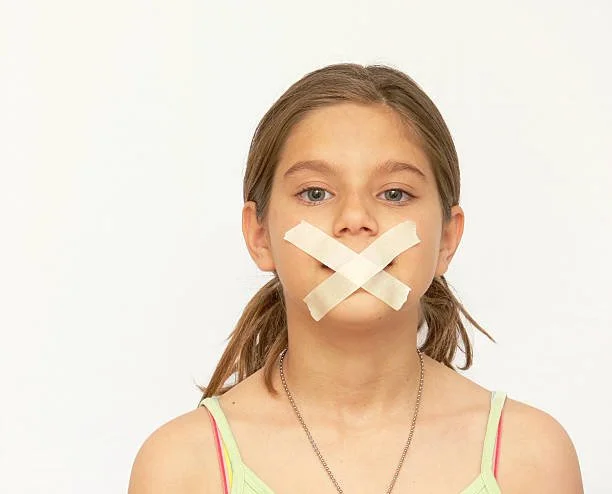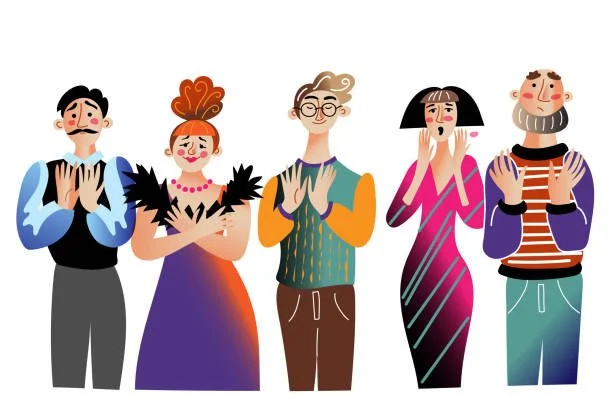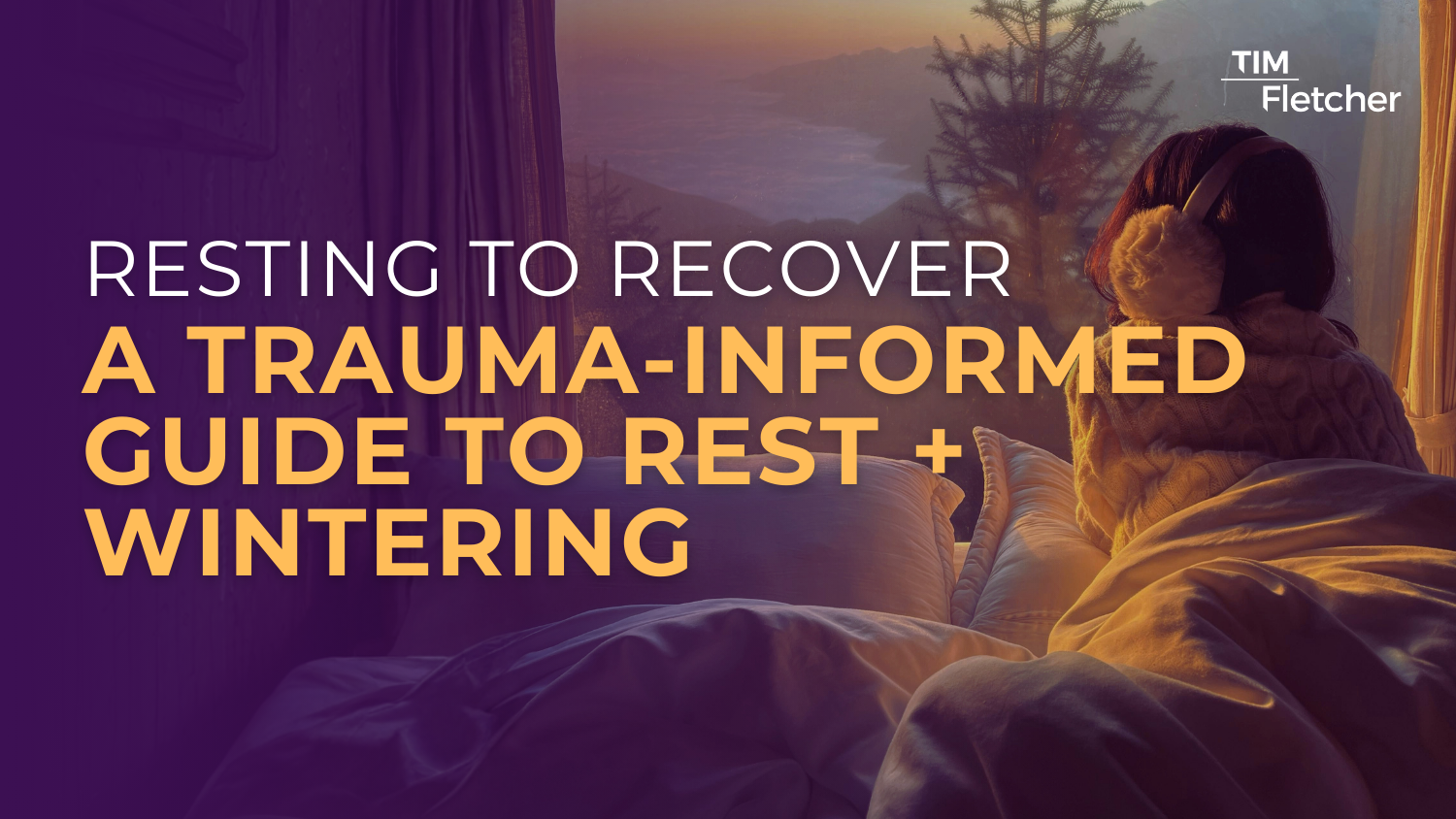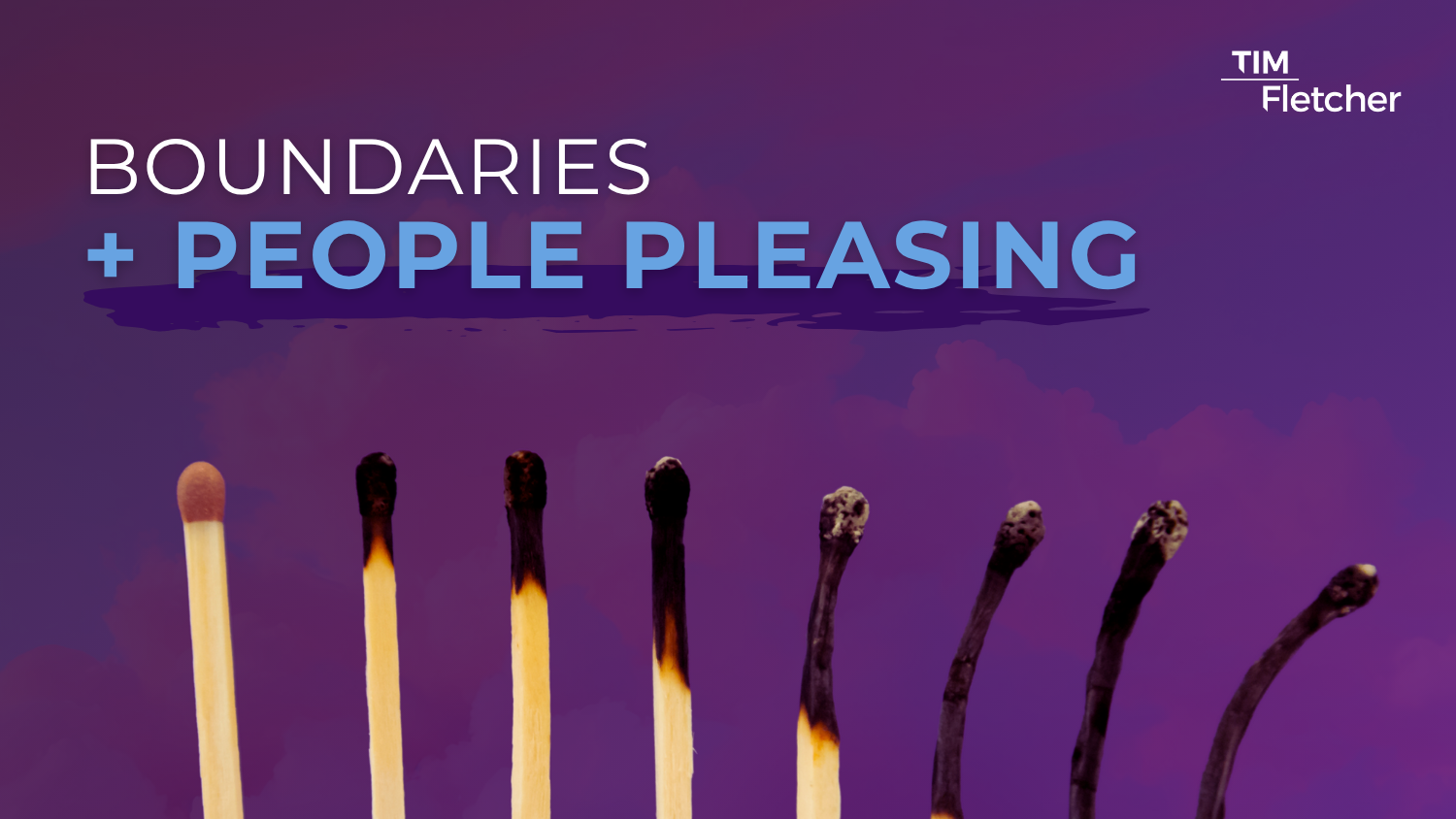Love Languages and Complex Trauma
How Childhood Wounds Shape the Way We Give and Receive Love
The Hidden Battle in Relationships
For many survivors of complex trauma, relationships feel like walking through a minefield—fraught with confusion, unmet needs, and painful triggers. As Tim Fletcher explains, the issue isn't just about "learning to love better"—it's about unraveling how childhood wounds distort our ability to give and receive love.
Watch the companion video here
Many who grew up without unconditional love struggle with:
- What love really is (Is it safety? Is it pain?)
- How to express it (Why does affection feel uncomfortable?)
- Whether they're worthy of it (The shadow of complex trauma and shame).
This article explores:
How the Five Love Languages intersect with complex trauma
Why trauma survivors often "misread" love
Practical steps to heal relational wounds
Part 1: The Five Love Languages—A Crash Course
Dr. Gary Chapman's Five Love Languages framework suggests people feel loved in different ways. But for those with complex trauma, these languages often come with landmines.
1. Words of Affirmation
"I love you." "You matter."
- Trauma Twist: If you grew up with empty praise (e.g., "You're amazing!" followed by abuse), words may feel manipulative.
- Example: A partner says, "I adore you," but your brain whispers: "They'll hurt me later."
2. Gifts
Tokens of affection—flowers, help with bills.
- Trauma Twist: If gifts were used as "apology bandaids" (e.g., a parent hit you, then bought ice cream), gifts may trigger distrust.
- Example: Your spouse surprises you with a gift—your first thought? "What did they do wrong?"
3. Acts of Service
Doing chores, making sacrifices.
- Trauma Twist: If you were parentified (forced to care for adults), you may equate love with exhaustion.
- Example: You over-give until burnout, thinking "This is the only way I'll be loved."
4. Quality Time
Focused attention, deep conversations.
- Trauma Twist: If your family ignored or intruded on you, closeness may feel suffocating or terrifying.
- Example: A friend wants to "talk deeply"—you either overshare or shut down.
5. Physical Touch
Hugs, hand-holding, non-sexual intimacy.
- Trauma Twist: If touch was violent or sexualized, you may flinch at hugs or confuse touch with obligation.
- Example: Your partner reaches for your hand—you stiffen, waiting for the other shoe to drop.
Key Insight: Complex trauma doesn't just change your love language—it rewires your ability to trust it.
Part 2: How Complex Trauma Distorts Love Languages
Question: Why Do I Feel Nothing When Someone Says "I Love You"?
Answer: If love was unreliable or weaponized in childhood, your brain may:
- Detach ("Words are just noise")
- Suspect manipulation ("They want something")
- Feel unworthy ("They don't know the real me")
Healing Step: Start small. If words feel hollow, try written notes (less confrontational) or actions paired with words (e.g., "I love you" + a cup of tea).
Question: Why Do I Over-Give, Then Resent My Partner?
Answer: Codependency (common in complex trauma survivors) teaches:
- "My value = What I do for others."
- "If I stop serving, they'll leave."
Healing Step: Practice receiving. Let someone cook you dinner. Notice the panic—and breathe through it.
Part 3: Healing the Trauma-Love Disconnect
1. Identify Your "Hot Buttons"
- Did gifts = guilt? Did touch = danger? Journal your triggers.
2. Relearn Safety
- If quality time scares you, start with 5-minute check-ins.
- If touch is hard, try side-by-side sitting (less pressure than hugs).
3. Communicate with Partners
- "I'm learning to trust touch. Can we start with holding hands?"
- "When you say 'I love you,' I sometimes freeze. It's not you—it's my old wiring."
4. Spiritual Thirst: The Deeper Longing
Like the Samaritan woman at the well (John 4), many trauma survivors try to "fill their void" with:
- Relationships
- Addictions
- Perfectionism
Yet, as Tim Fletcher highlights, the deepest thirst is for unconditional love—something only secure attachment (with safe people and a higher power) can satisfy.
Love After Trauma Is Possible
Healing isn't about "fixing" your love language—it's about recognizing how trauma shaped it and gently rewiring your heart.
"Trauma taught you love was unsafe. Healing teaches you it can be different."
Additional Resources to Support Your Journey
You don’t have to navigate this path alone. Explore these resources designed to support and empower you:
- ALIGN Courses: Practical, self-paced, trauma-informed tools to help you navigate recovery with clarity and confidence.
- Article: Read “The Lifelong Impact of Being an Unwanted Child: How Complex Trauma Shapes Identity, Relationships, and Healing” for actionable insights into overcoming trauma’s long-lasting effects.
LIFT Online Learning is designed for people who’ve tried everything… and still feel stuck.
It’s not about quick fixes. It’s about:
Understanding how trauma reshaped your brain (so you can reshape it back).
Practicing tools that actually work (not just "think positive!").
Healing in a way that sticks—because you deserve more than temporary relief.
The best part? You don’t have to figure it out alone.
Let’s begin—when you’re ready



